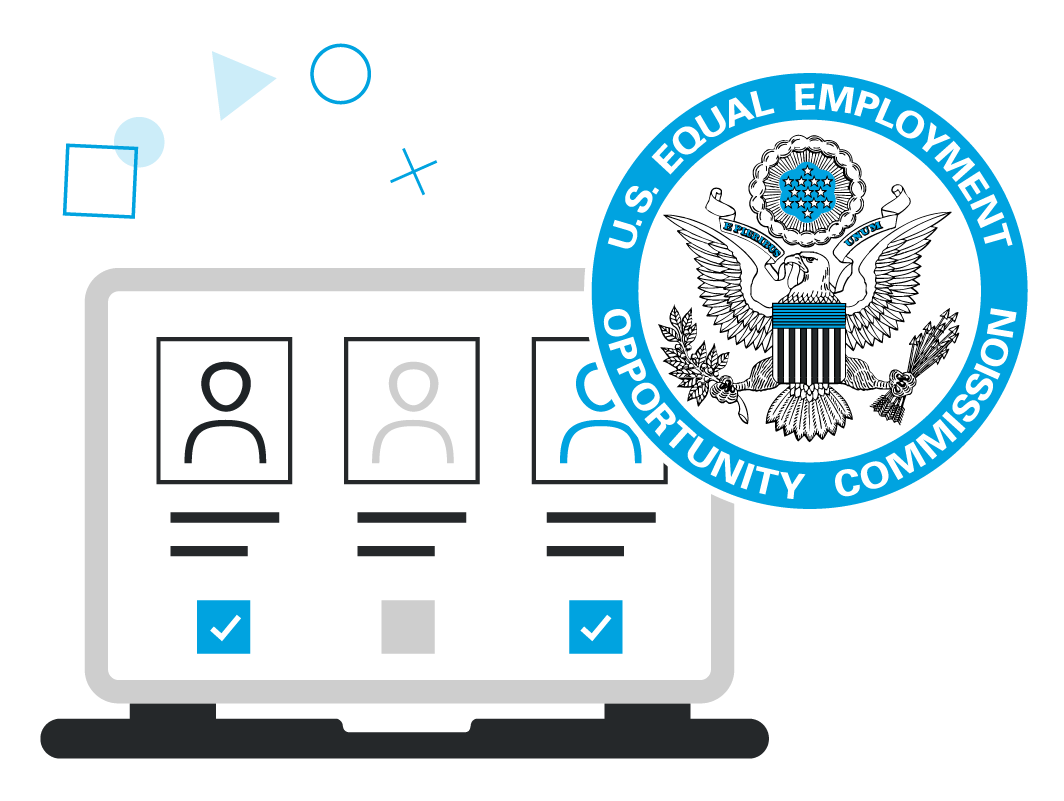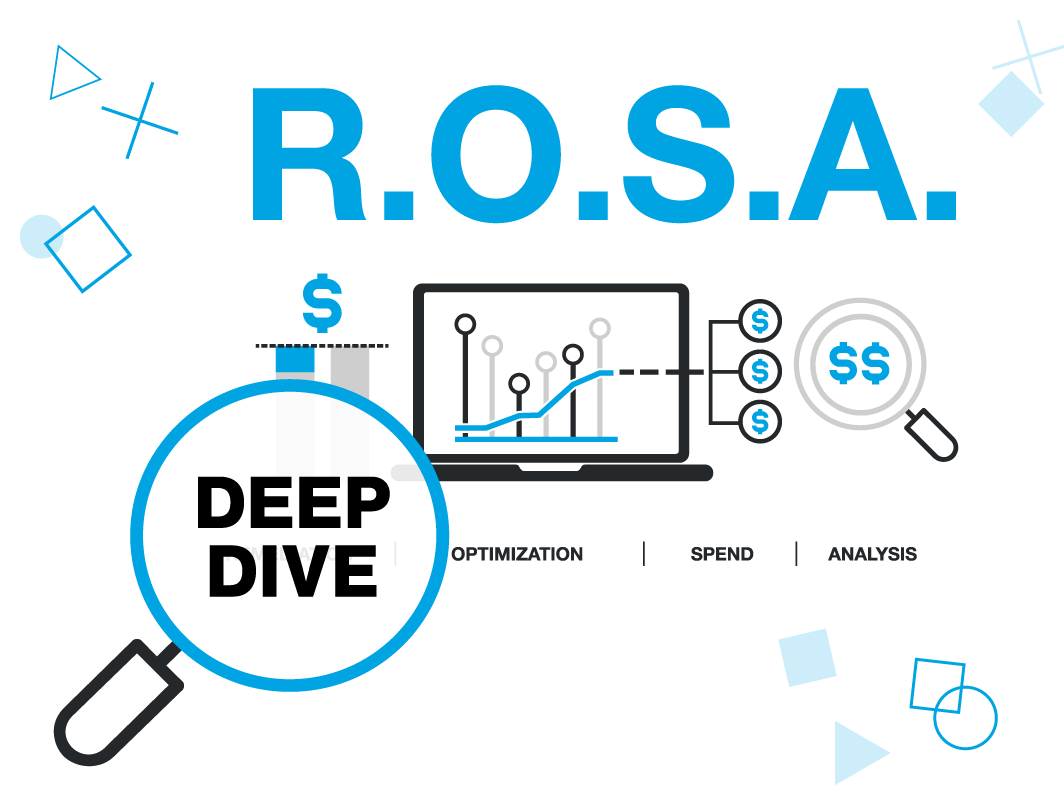
![]()
With pay equity at the forefront, companies are being forced to consider altering policies that have been in place for years and sometimes decades. With any major change, it’s important to understand that it doesn’t happen overnight, as it is a journey to transformation. Many times, some kind of assessment is done to determine whether a change needs to occur and which ways they could be implemented. This is where a pay equity audit can be useful. A number of businesses are opting for this route to ensure their pay policies are legal and fair.
Since there are variations by industry and workforce demographics, I asked a group of business experts in diversity and inclusion, human resources, and legal strategy to describe in more detail the pay equity audit process. Specifically, I wanted more information on the following details:
● Determining if you should do one or not
● The planning stage
● Solution selection
● Implementation
● Acting upon the findings
● Ongoing maintenance and recurring analysis
Does Your Company Need a Pay Equity Audit?
While responses varied, the panelists mostly agree that it comes down to two reasons explaining when pay equity audits are typically done: either to be reactive or proactive. Most people realize acting reactively is disadvantageous. Whether it’s due to a lawsuit or just low morale, reactive change is viewed as being forced and usually not well received, thereby running the risk of even lower workplace morale. Being proactive, on the other hand, can lead to higher morale. Brian Chossek, CEO at Impact 7 Generations, shared some of the key triggers that would identify a need for an audit. He believes if you have experienced a recent change such as reorganization, acquisition, or merger there is potential for imbalanced compensation systems. He said, “This is, for me, the single largest proactive indicator.”
Additionally, there’s competition in the marketplace that plays a role in whether or not businesses choose to undergo a pay equity audit. If the talent wants to work for organizations that are known for not only good pay, but fairness, then it’s in your best interest to be one of those companies. Jay Snider, a Senior HR Manager said, “One industry is directly impacting the pay rate of another.” Using Amazon and Walmart as examples, he goes on to say, “Companies are raising the base pay bar…others keep pace with rising hourly wages. Keeping isolated behind your industry is no longer holding true.”
Planning and Procedure
Getting the audit right is just as important as making the decision to do the audit. Michael Fahey, Deputy General Counsel at HomeServe USA, believes identifying the team to carry out the audit should be cross-functional. He said, “It gets back to ensuring this becomes part of the culture, and buy-in is both bottom-up and top-down. Admittedly, this will make the execution more complex but ultimately should yield more success.”
Another thing to keep in mind would be any legal obligations such as attorney-client privilege. Consulting with a lawyer to ensure you are adhering to the law, as well as company policy is essential. Policy might vary depending on your industry, among other things. Autumn Bayles, a VP of Global Operational Excellence, said, “Traditionally, attorney-client privilege does not extend to consultants except where the case can be made that they were assisting lawyers who have the privilege. Consultants certainly should be under non-disclosure agreements, but if something is litigated there might be some exposure.”
The Pay Equity Audit is Complete…Now What?
Hopefully, you didn’t pay for an audit without the intention of dealing with the results appropriately. This makes the organization look bad. As Ms. Bayles points out, “If interested parties feel findings are ignored, washed to an inaccurate perspective, or actions are weak this will negate any positives from doing the exercise. Messages and actions should be clear with shared transparency.”
Obviously, maintaining equality is the goal. Therefore, it’s not enough to do one audit without thinking of the future. Scheduled audits might be necessary, especially when big changes occur. Cedric Blair, General Manager, suggests, “Regular reviews bring issues to light. Job evaluation exercises should be included every 3-5 years to ensure there is not a significant drift from the mean.” He continued, saying, “As CEOs and other executive teams usually change jobs, it’s important to have these maintenance and analysis done often to keep pay equity current.”



